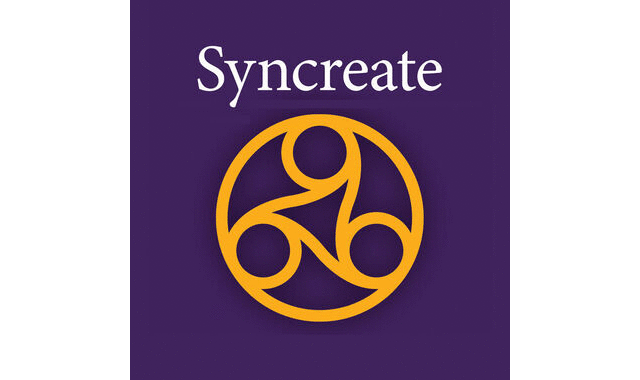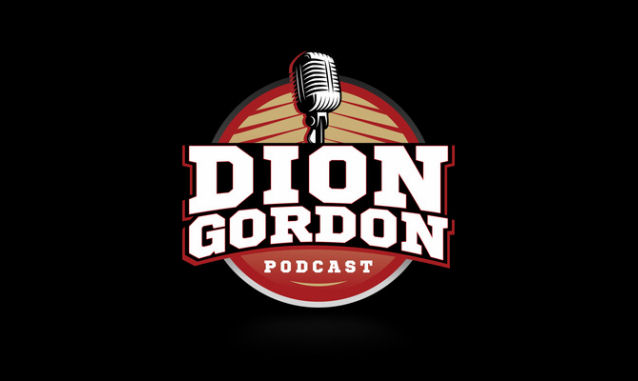World's First and Largest Podcast Network Founded in 2005


Today's Podcast Episodes For Tuesday, 7/1/2025

John Polomny Exposes The Real Reason A Crash Isn’t Coming
In it to Win it
BUSINESS

Moments That Matter: Poetry And Presence In Alzheimer’s Care With Marjorie Maddox
Untangling Alzheimer’s and Dementia: An AlzAuthors Podcast – Marianne Sciucco
HEALTH

I Saved The Heir Of A Millionaire. Cant Imagine The Secret Behind Him.
My Animated Story
ANIMATED

Im A Teen Spy Going To Highschool For The 1st Time.
My Animated Story
ANIMATED

Sparking Momentum With General Bernard Banks PhD, Co-Author Of The New Science Of Momentum
Live Greatly at Kristel Bauer
ALTERNATIVE HEALTH

The Power Of Intersectionality – Zhou Fang
Why I Left with Brian Aquart
BUSINESS

Commitment & Consistency: High Value Strategies For Speakers
Podfluence
BUSINESS

A Physician’s Reflection On Love, Loss, And Finding Meaning In Grief
The Podcast by KevinMD with host Kevin Pho, MD

The Secret Of Dave Barry’s Humor: Class Clown Memoir And Florida Tales
The James Altucher Show
BUSINESS

Charlie Chan: The Second Bullet/Conversation With Ah Sing (EP4744)
The Great Detectives of Old Time Radio
DRAMA

Episode 295 – Mood Probiotics With Sylvia Hall
The Jōrni Podcast with Petra Brunnbauer
ALTERNATIVE HEALTH

Dave Behar Is The Founder, CEO And Chief Executive Athlete Of ION Network And Behar Brands
Road to Growth : Success as an Entrepreneur
BUSINESS

🔥 The MisFitNation Welcomes USMC Veteran Zach Tidwell! 🔥
The MisfitNation With Rchard LaMonica
COMEDY

Episode Seventy One: We’re In The Bath!
Your Two Drunk Aunties
ALCOHOL AND SPIRITS

181. David Johnson: Beyond Sunday – Love (Serve) Your Neighbor
Fire Forged Leader With Steve Baumgartner
BUSINESS

PREVIEW: From Numbing To Thriving: A Year Of Radical Habit Change | Katie Day (EP47)
Minimalist Moms
EDUCATION

Cuban Link: 50 Cent Is CHEAP! (Breakup Over $10K Ask!) The Real Story Behind Her Split With 50 Cent
The Highest Point Podcast
BUSINESS

FSF PopCast LiVE – Reviews And Theories
The FSF PopCast
ENTERTAINMENT

Name, Blame, And Damage Control
Stories and Strategies for Public Relations and Marketing
BUSINESS

Motivational Monday – Financial Literacy And Community Connections, Can Change Us ALL
Cousin Ed’s Corner
LIFESTYLE

Everybody Has A Podcast, Podcast. Ep.185
Everybody Has A Podcast, Podcast.
COMEDY

HICKS ROAD HORROR: The Legend Of San Jose’s Infamous Haunted Road
Weird Darkness
ENTERTAINMENT

Creating On Your Own Terms: Laura Knight On Producing, Storytelling & Owning Your Voice
Best in Fest by Leslie LaPage
ENTERTAINMENT
Sponsored Podcasts
Newest Podcasts
Top Podcasts...
Latest Episodes

John Polomny Exposes The Real Reason A Crash Isn’t Coming
From the podcast In it to Win it
Released 7/1/2025

Moments That Matter: Poetry And Presence In Alzheimer’s Care With Marjorie Maddox
From the podcast Untangling Alzheimer’s and Dementia: An AlzAuthors Podcast – Marianne Sciucco
Released 7/1/2025

I Saved The Heir Of A Millionaire. Cant Imagine The Secret Behind Him.
From the podcast My Animated Story
Released 7/1/2025

Im A Teen Spy Going To Highschool For The 1st Time.
From the podcast My Animated Story
Released 7/1/2025

Sparking Momentum With General Bernard Banks PhD, Co-Author Of The New Science Of Momentum
From the podcast Live Greatly at Kristel Bauer
Released 7/1/2025

The Power Of Intersectionality – Zhou Fang
From the podcast Why I Left with Brian Aquart
Released 7/1/2025

Commitment & Consistency: High Value Strategies For Speakers
From the podcast Podfluence
Released 7/1/2025

A Physician’s Reflection On Love, Loss, And Finding Meaning In Grief
From the podcast The Podcast by KevinMD with host Kevin Pho, MD
Released 7/1/2025

The Secret Of Dave Barry’s Humor: Class Clown Memoir And Florida Tales
From the podcast The James Altucher Show
Released 7/1/2025





























